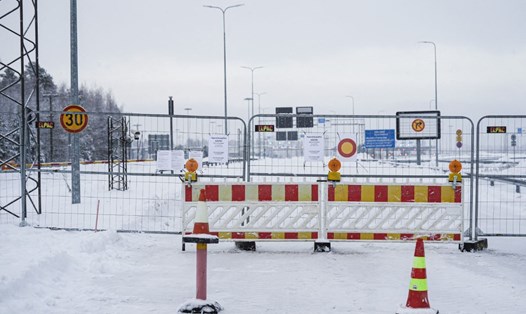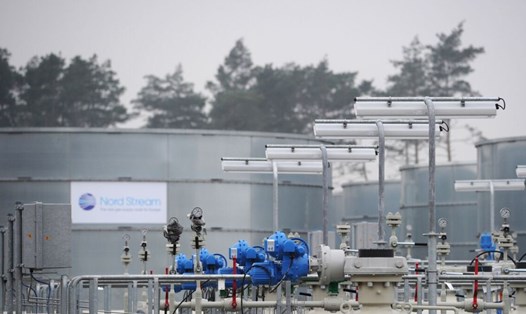The US move was described by Bloomberg as a " strong blow" to the EU's efforts to seek consensus in the G7.
According to Bloomberg on October 20, US officials announced the above stance to their European ally on the sidelines of the International Monetary Fund (IMF) meeting in Washington last week. The US side is concerned that the seizure of Russian assets could destabilize the global financial market, especially for investors holding Moscow bonds and assets, the source said.
This move is seen as a major step back for the EU, which is trying to convince the G7 countries to support the plan to mobilize Russian assets to provide financial support to Kiev. After the conflict in Ukraine broke out in February 2022, the West froze about $300 billion in Russian assets, of which 200 billion euros ($213 billion) were held at the Euroclear payment center (belgium).
The EU has used the profits from these assets to provide capital to Ukraine but is discussing a more daring plan: Providing a compensation loan of up to 140 billion euros ($163 billion) to Kiev, using the frozen Russian assets as collateral.
According to the proposal, Ukraine only has to repay the loan after Russia "compensates for war damage", which means that Russian assets will be confiscated in reality.
The plan was supported by Germany, France and some Eastern European countries, but faced strong opposition from Belgium - where Euroclear is headquartered. Belgian Prime Minister Bart De Wever said that if the EU implements this plan, the entire bloc must share legal responsibility, instead of Belgium alone taking the risk.
Proponents said that using Russian assets as collateral was not an act of "acquittment" and believed that Moscow could be forced to pay in a future peace deal. However, Russia has called it a blatant theft and warned that it will retaliate accordingly.
International organizations, including IMF President Christine Lagarde, have also expressed concerns that the EU's plan could erode confidence in the European financial system and negatively impact the global market.
With Washington sidelined, the prospect of approving a plan to seize Russian assets in the G7 remains even more fragile - while the EU remains under pressure to find new funding to maintain military and economic support for Ukraine in 2026.











